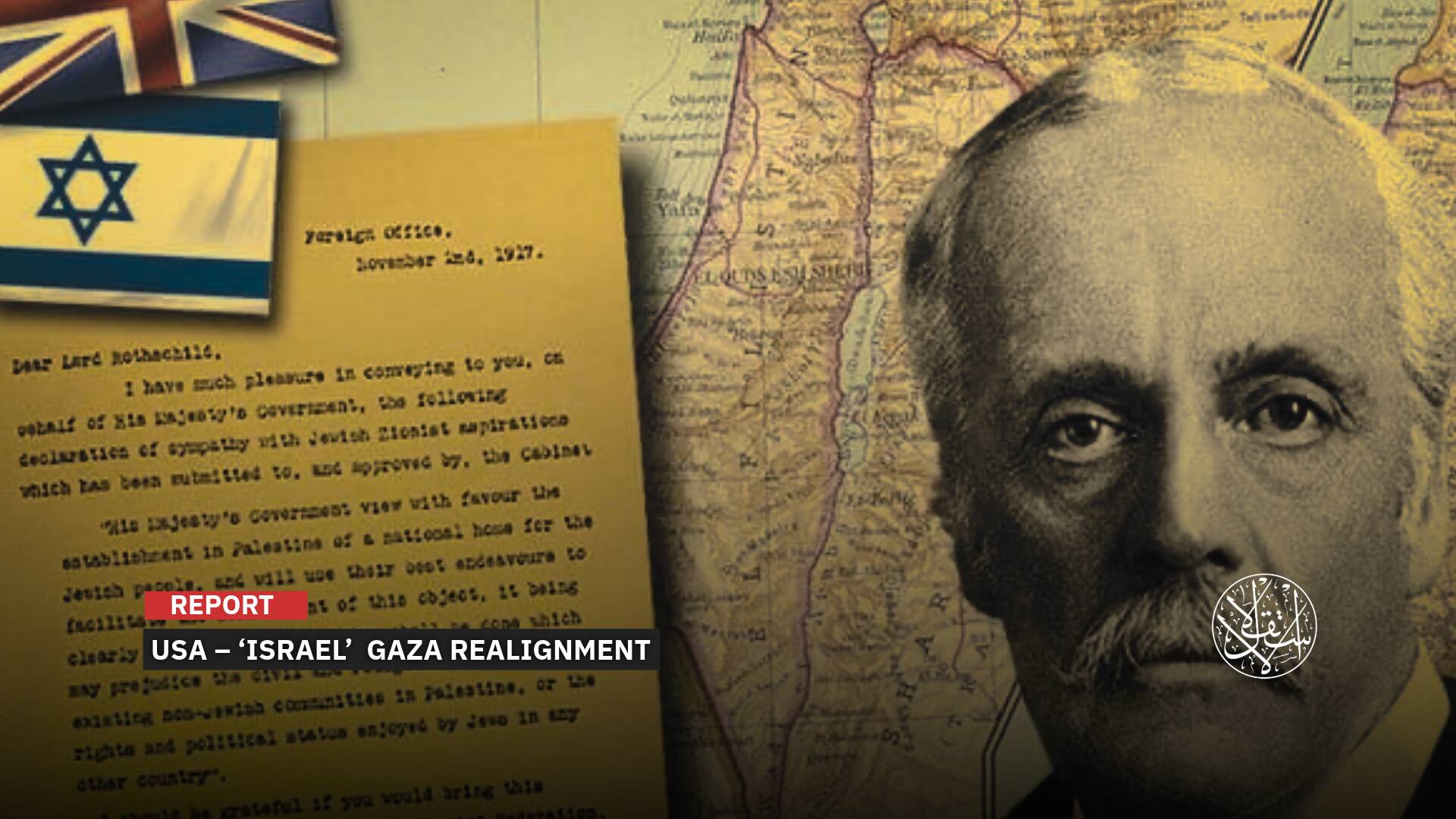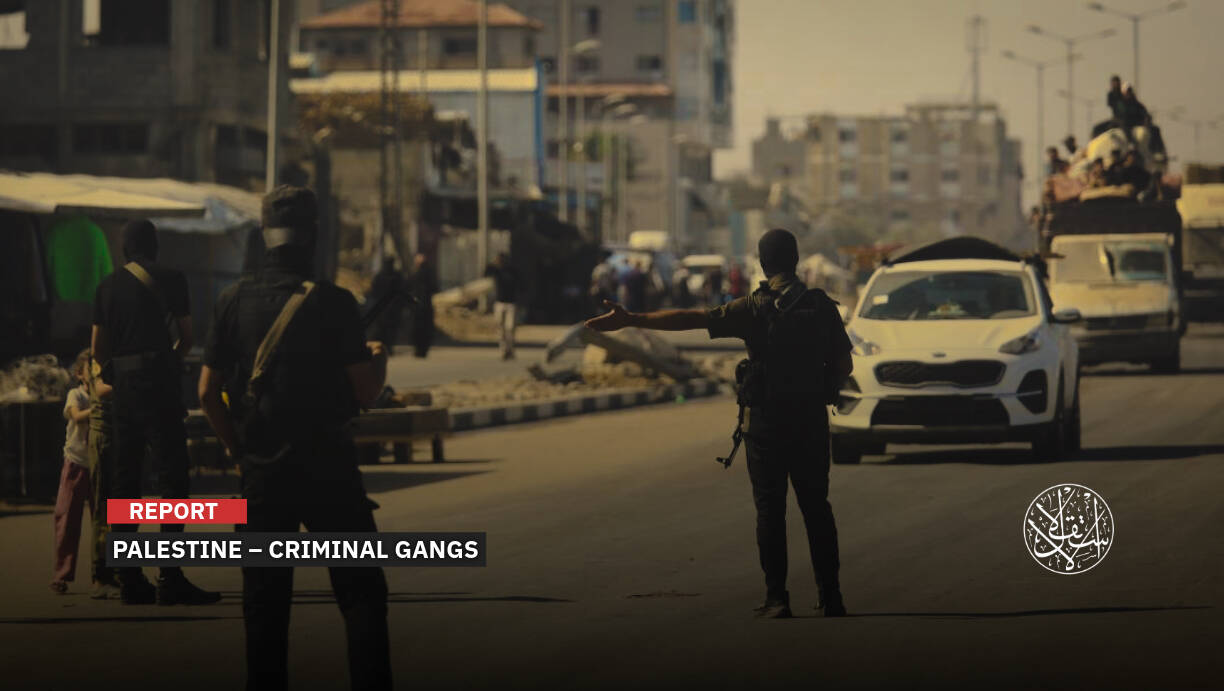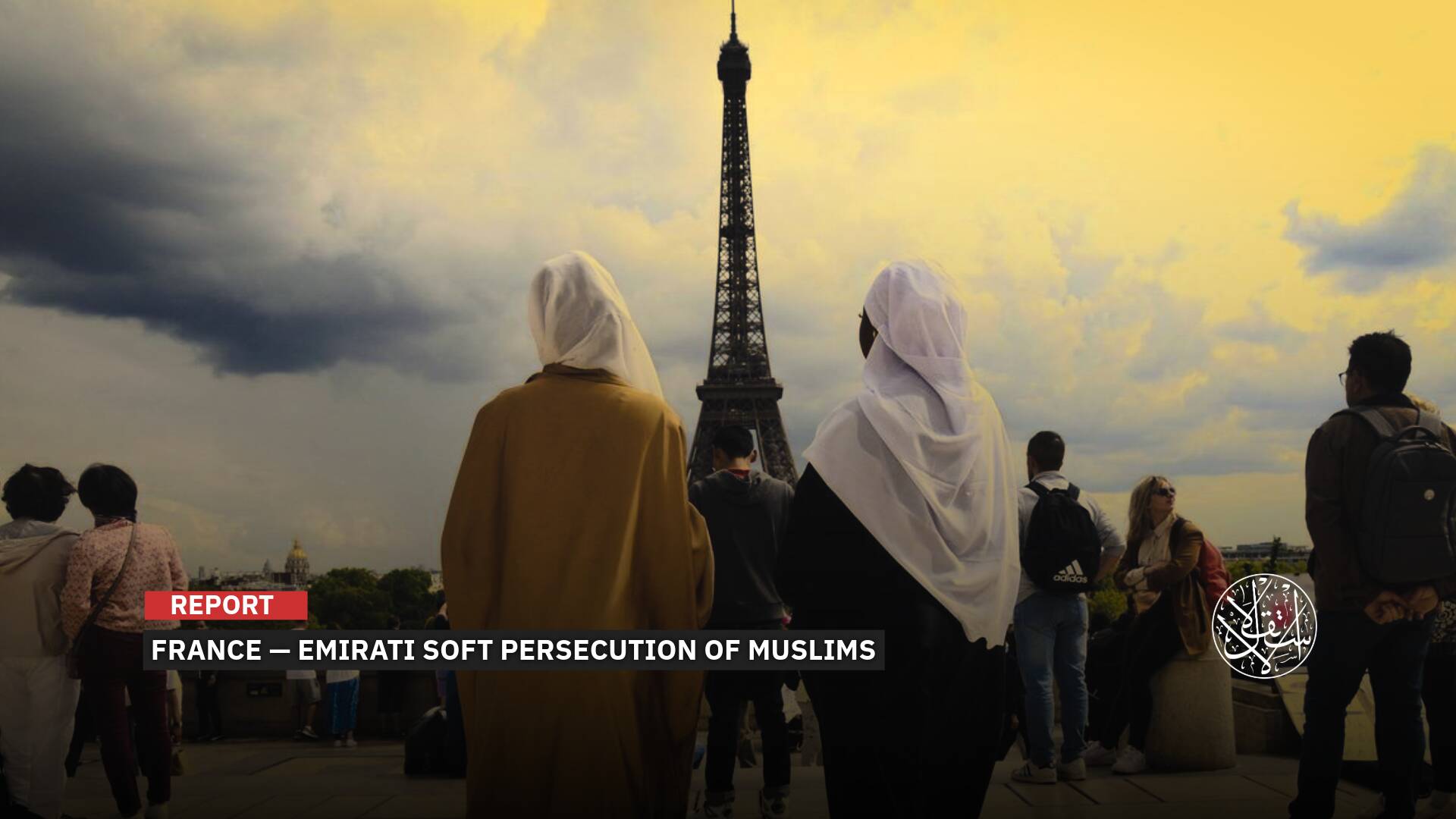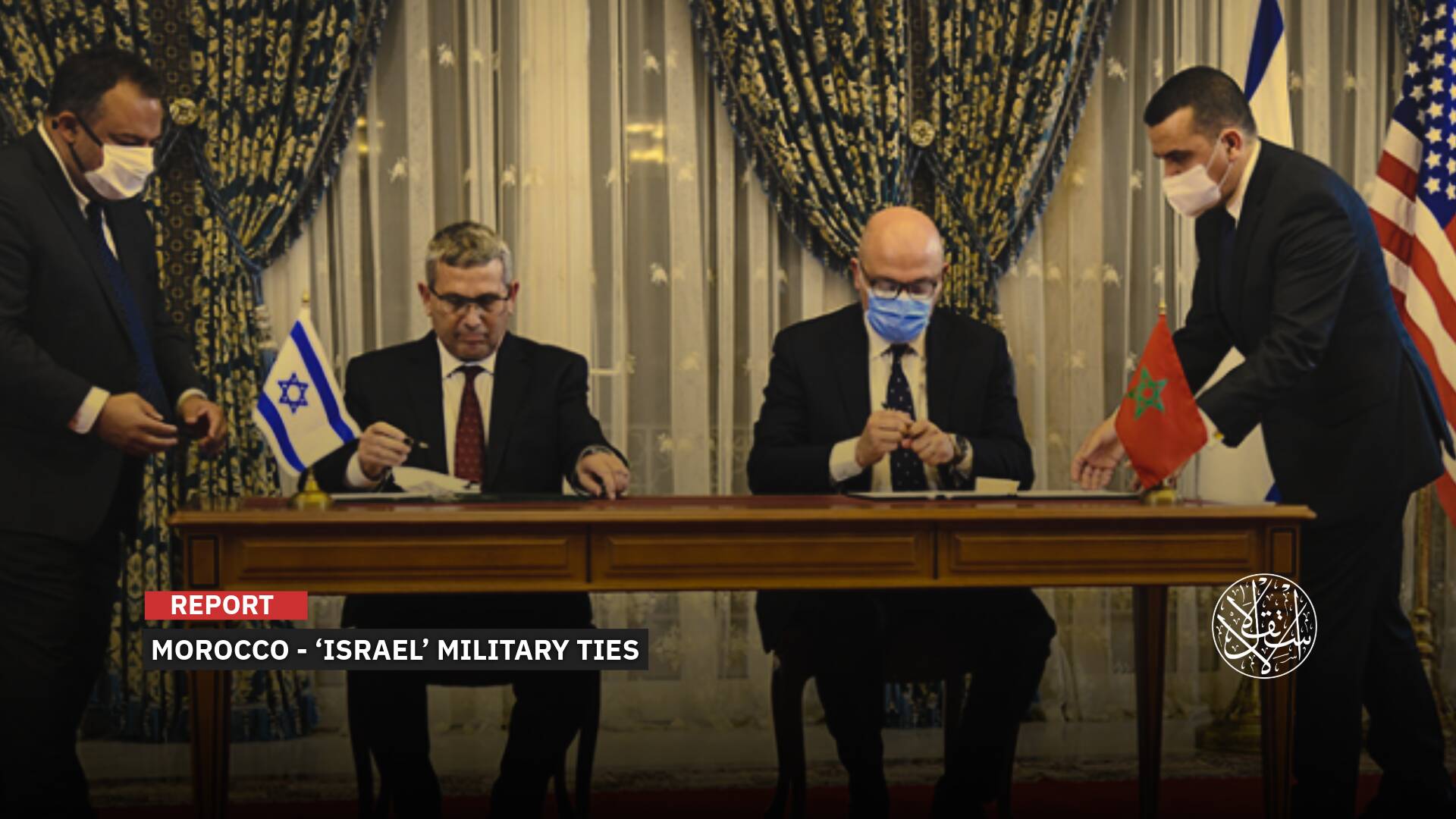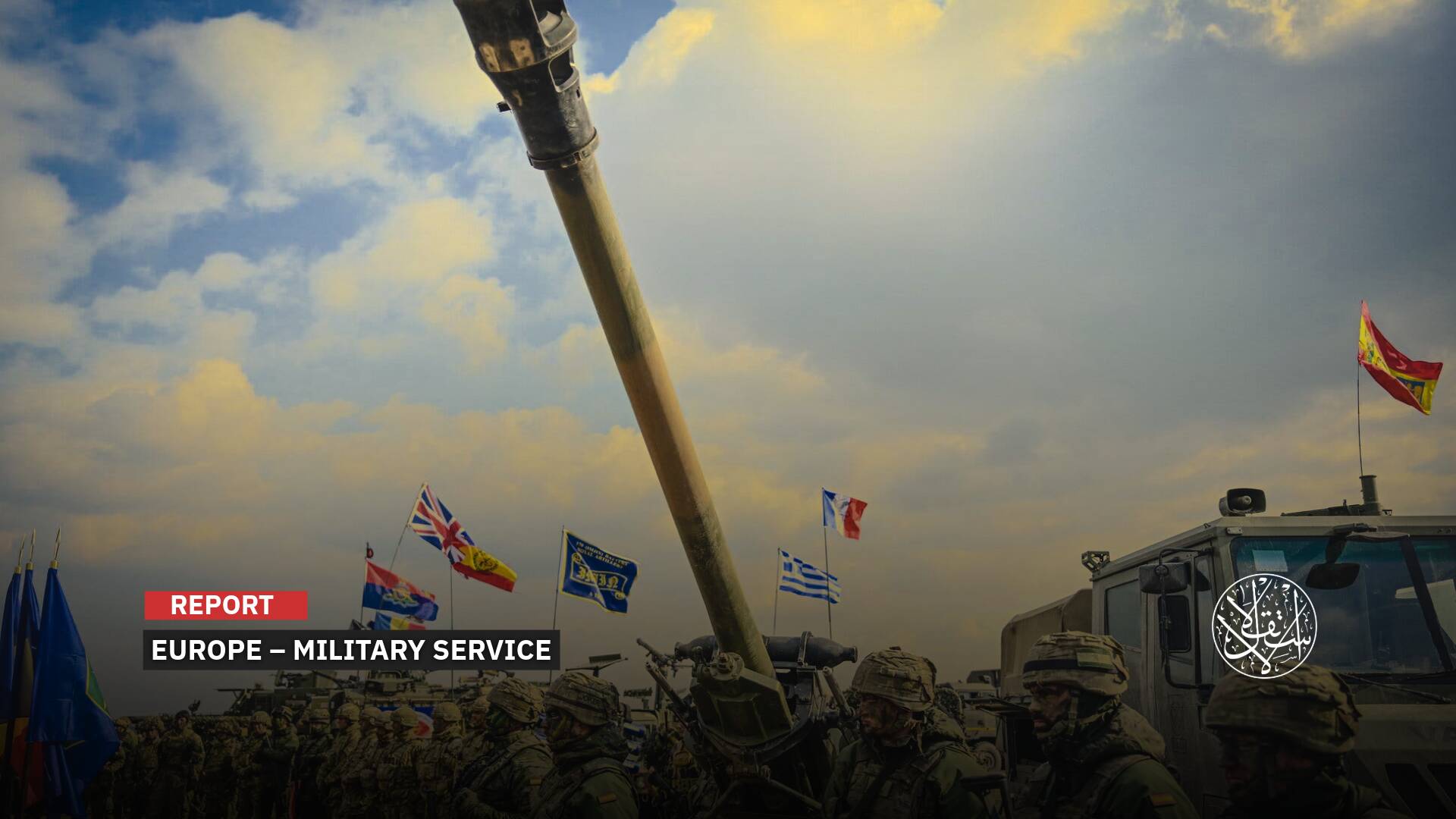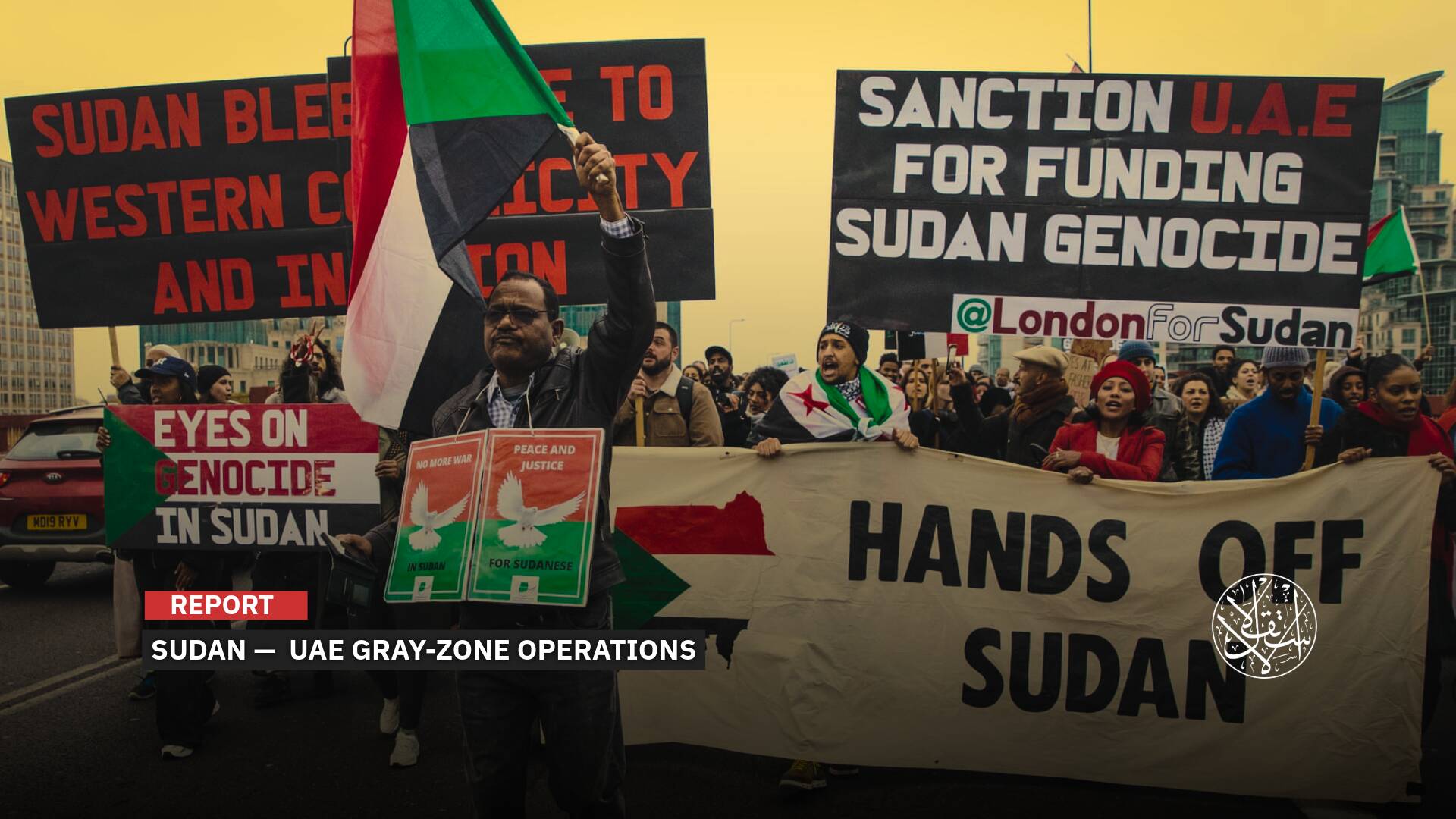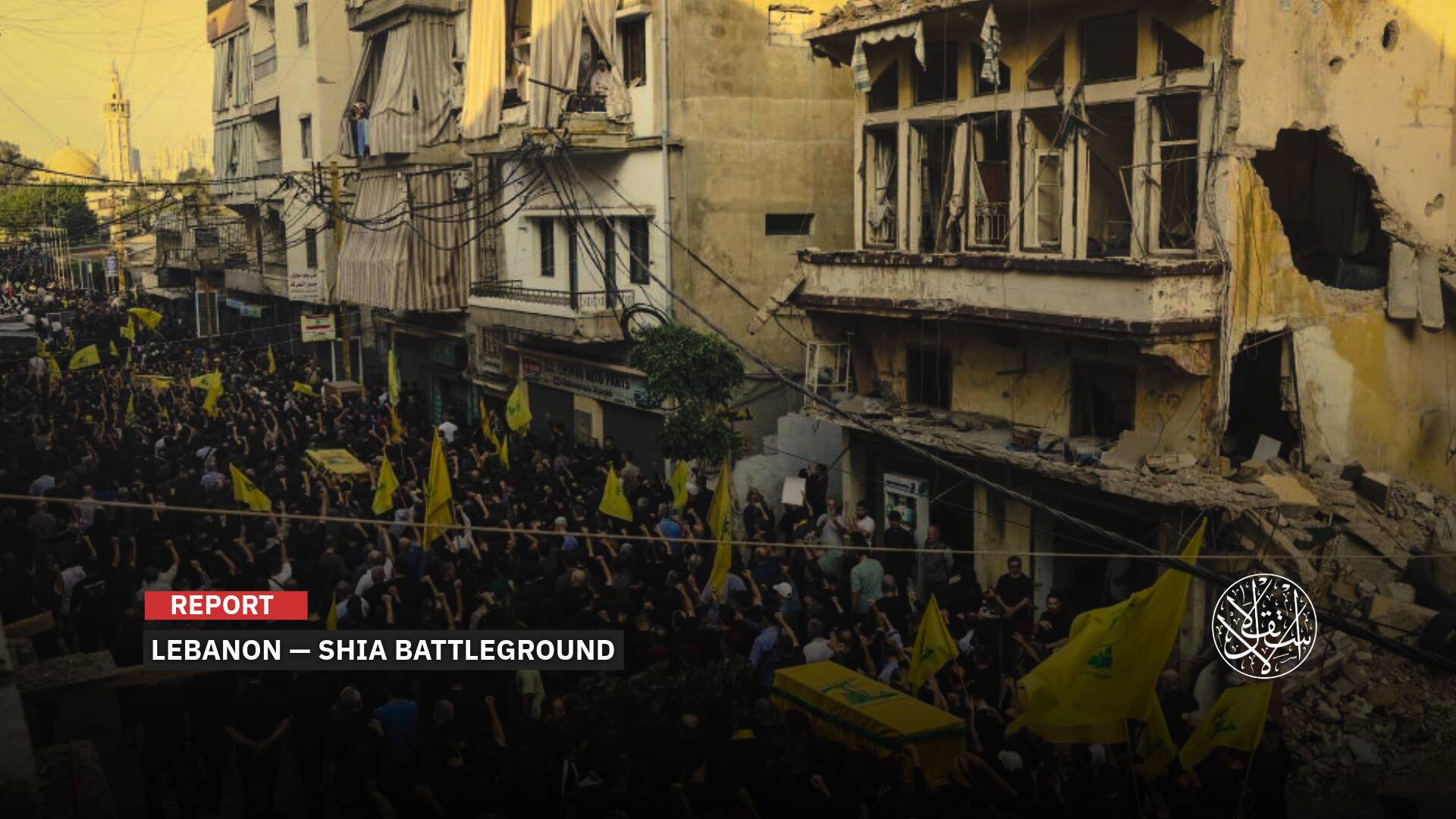Unmasking the Unit Behind Ismail Haniyeh's Assassination: Iran's Ansar al-Mahdi

The Iranian Armed Forces are confident that Mossad recruited agents from the "Ansar al-Mahdi" unit.
The assassination of Ismail Haniyeh, the head of the political bureau of the Islamic Resistance Movement (Hamas), in the Iranian capital Tehran on July 31, 2024, represented a significant intelligence failure for the Iranian regime, which boasts of its weapons, capabilities, and ability to "destroy Israel."
Targeting and killing a figure like Ismail Haniyeh is a direct affront to Iranian "sovereignty." The details of the operation only make matters worse, given the sensitive location where the assassination took place.
According to the Iranian news agency IRNA, Haniyeh was killed in a highly secure facility in northern Tehran, belonging to the Iranian Revolutionary Guard Corps, where senior officials of the resistance axis reside.

Iran did not immediately disclose how Haniyeh was assassinated, leading to conflicting reports and speculation across the Middle East and the West.
The Iranian regime prevented media outlets from covering the event directly, with no images or videos emerging from the area where Haniyeh was killed.
However, global newspapers began publishing reports suggesting significant breaches in Iran's security and intelligence apparatus, enabling Mossad to carry out the assassination.
On August 3, 2024, The Telegraph reported, citing unnamed Iranian officials, that the Israeli Mossad had recruited Iranian agents to plant explosives in Haniyeh's residence in Tehran, leading to his assassination.
The British newspaper added that the Iranian armed forces are confident that Mossad employed agents from the Ansar al-Mahdi unit, part of the Iranian Revolutionary Guard Corps.
These agents, following direct orders from Mossad, reportedly planted the explosives in three separate rooms within Haniyeh's residence.
Earlier, CNN had confirmed in early August that Haniyeh was killed by a bomb smuggled into the guesthouse, which was under the protection of the Revolutionary Guard.
The American network emphasized that the operation represented a stunning breach of the Revolutionary Guard's security.
The primary reason for suspecting Ansar al-Mahdi of the breach is its direct responsibility for ensuring the security of high-ranking officials within the Revolutionary Guard.
The swift arrests within the Iranian security apparatus suggest that the assassination was indeed the result of a major security breach.
In this context, The New York Times reported on August 3 that Iran had arrested more than 20 individuals, including senior intelligence officers, military officials, and staff at the guesthouse where Haniyeh was assassinated.
The newspaper added that the Revolutionary Guard's specialized intelligence unit, which focuses on counter-espionage, is leading the investigation and hunting down suspects in the hope of uncovering the members of the team that planned, assisted, and executed the assassination.
It was further reported that all guesthouse staff (mostly from the Ansar al-Mahdi unit) have been placed under house arrest, with some detained, and all electronic devices and personal phones confiscated.

Who Are ‘Ansar al-Mahdi’?
The story of the Ansar al-Mahdi Unit traces back to the early days of the Iranian Republic, when the nucleus of this unit was formed under the direction of the Supreme Leader of the Iranian Revolution, Ruhollah Khomeini.
On May 26, 1979, there was an assassination attempt on the Iranian religious leader Akbar Hashemi Rafsanjani (who later became the President of Iran).
Following the failed attempt, Khomeini tasked the Revolutionary Guard with the responsibility of protecting the lives of the regime's officials.
This responsibility had previously been under the jurisdiction of the National Guard Forces of the provisional government and the Islamic Revolution Mujahideen Organization.
In response to Khomeini's directive, the corps for the protection of high-ranking officials was established, initially named “The Soldiers of Imam al-Mahdi.”
In 1989, the Revolutionary Guard underwent a reorganization, and the unit was officially renamed the "Ansar al-Mahdi Protection."
The unit was assigned the task of protecting prominent figures, senior officials, and nuclear scientists in Iran, as well as safeguarding important guests and international dignitaries visiting the country, along with securing airports and civilian aircraft.
The Persian news agency Mizan reported on May 17, 2017, that since the Ansar al-Mahdi Unit was entrusted with securing aircraft, 15 attempted hijackings have been recorded, with 11 of them successfully thwarted.
The command center of this unit is reportedly located in two six-story buildings on Pasteur Street in Tehran, according to a report by the BBC on June 11, 2019.

The Unit Commander
Since April 2020, the Ansar al-Mahdi Unit has been led by Brigadier General Fathollah Jamiri, who began his military career during the Iran-Iraq War in 1988.
Jamiri served as an officer in the ground forces of the Revolutionary Guard Corps and held positions as the commander of the Basij Resistance in the Kohgiluyeh and Boyer-Ahmad areas, as well as in the Bushehr province.
Following the assassination of Ismail Haniyeh, voices within Iran have held Jamiri directly responsible for the Israeli breach.
Hossein-Ali Haji Deligani, an Iranian MP, commented on the assassination of Ismail Haniyeh in Tehran, suggesting the possible involvement of infiltrators.
"The possibility of the involvement of infiltrators cannot be ruled out, as Israel might have hired ignorant or treacherous individuals by paying them American dollars," he added.
Deligani also stated that attention is now focused on the security and protection apparatus of the Islamic Republic, specifically the Ansar al-Mahdi Unit and its commander, Fathollah Jamiri, as there are clear questions about incompetence and negligence.
Former Iranian Intelligence Minister Ali Younesi also commented on August 3 to the EU-affiliated Euronews, stating that all officials of the Iranian regime should be concerned for their lives.
He said it seems that the Zionist regime is capable of targeting a large number of figures in Iran, and if they have not yet targeted the political authorities of the country, it is because they have not been given permission to do so.
Sources
- Haniyeh's body arrives in Doha
- Mossad hired Iranian agents to plant bombs in Haniyeh’s residence
- New York Times: Widespread arrests in Iran following Haniyeh's assassination [Arabic]
- Who is responsible for protecting Ismail Haniyeh in Tehran and with what budget? [Arabic]
- IRGC spokesman: The escape and arrest of several commanders is not true [Persian]


